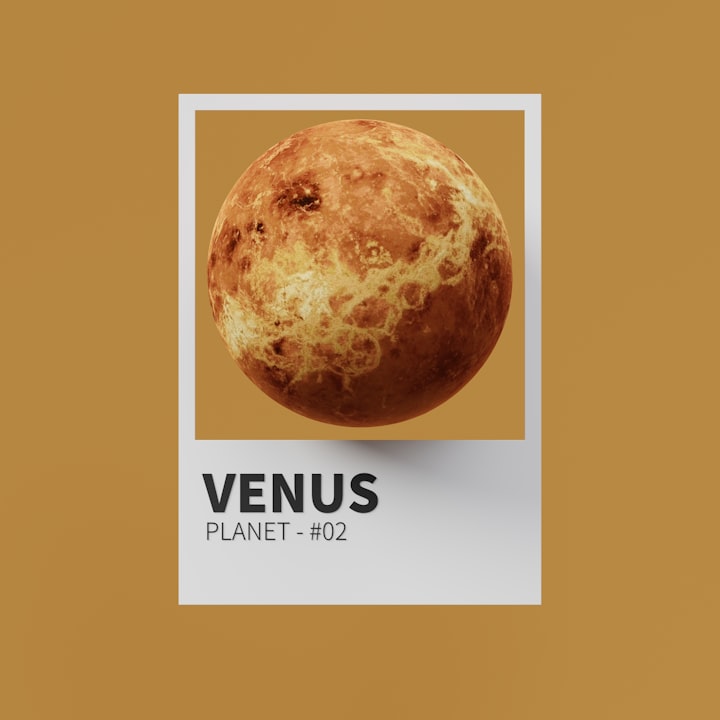Venus: Earth's Scorching Sister Planet
Venus, our closest planetary neighbor, is a terrestrial world shrouded in mystery. Similar in size and mass to Earth, it's often called Earth's twin. However, unlike our blue marble, Venus boasts a scorching atmosphere thick with carbon dioxide, creating a runaway greenhouse effect that makes it the hottest planet in the solar system. This dense atmosphere, laced with sulfuric acid clouds, hides a volcanic surface scarred by lava flows and towering mountains. Though currently hostile, scientists wonder if Venus might have held oceans and a more hospitable climate in its distant past.
BepiColombo: Unveiling Mercury's Mysteries
BepiColombo is a groundbreaking space mission venturing where Europe has never gone before: Mercury, the smallest and scorching hot planet in our solar system. This collaborative effort between the European Space Agency (ESA) and the Japan Aerospace Exploration Agency (JAXA) consists of two spacecraft: the Mercury Planetary Orbiter (MPO) and the Mercury Magnetospheric Orbiter (MMO).
Launched in 2018, BepiColombo is on a complex trajectory using planetary flybys for gravity assists to reach Mercury's scorching orbit. This innovative approach is crucial as traditional methods wouldn't have enough thrust to overcome the Sun's immense gravity.
Once operational in 2026, BepiColombo's duo will revolutionize our understanding of Mercury. MPO will focus on the planet's surface composition, geology, and evolution, while MMO will delve into its unique magnetic field and interaction with the solar wind.
BepiColombo promises to answer longstanding questions about Mercury's formation, volcanic activity, and the processes that shaped this enigmatic world.

Venus's Atmosphere on the Run? BepiColombo Spots Escaping Oxygen
New data from the BepiColombo mission hints at a surprising atmospheric escape on Venus. The spacecraft detected streams of oxygen and carbon ions fleeing the planet's grasp in a previously unexplored region of its magnetosphere. This discovery adds a fresh twist to our understanding of Venus's atmosphere and its evolution.
Understanding how planets lose atmospheric gases is crucial for piecing together their history and habitability. Venus, our scorching neighbor, is shrouded in a thick atmosphere, but scientists believe it once held oceans of water. BepiColombo's findings suggest ongoing atmospheric erosion through escaping ions, potentially linked to the loss of that ancient water.
This is just the first sip from a cup overflowing with Venusian secrets. BepiColombo's data, alongside upcoming missions like VERITAS and EnVision, promises a new era of Venusian exploration. By piecing together the puzzle of atmospheric escape, we may unlock the secrets of Venus's past and its potential for harboring a bygone ocean.
Venus Springs a Leak: Atmosphere Loses Oxygen and Carbon Ions
New data from the BepiColombo mission sheds light on a surprising aspect of Venus: its atmosphere is slowly bleeding away. This leakage, involving oxygen and carbon ions, offers valuable insights into the planet's dramatic past and potential future.
Unlike Earth, Venus lacks a strong magnetic field. This crucial shield leaves the planet's upper atmosphere exposed to the relentless stream of charged particles – the solar wind – emanating from the Sun. BepiColombo's findings suggest this interaction triggers the escape of ions, including positively charged oxygen and carbon.
Understanding this atmospheric erosion is key to piecing together Venus's history. Scientists theorize that Venus may have possessed a cooler, denser atmosphere with liquid water oceans billions of years ago. The loss of these lighter elements like oxygen through atmospheric escape could have played a significant role in Venus's transformation into the scorching inferno it is today.
The BepiColombo mission's data also has implications for the search for habitable exoplanets. By studying how Venus loses its atmosphere, researchers gain a better understanding of atmospheric evolution on terrestrial planets, including those orbiting distant stars. This knowledge can help identify exoplanets that might be capable of supporting life.
The ongoing BepiColombo mission, a joint venture between the European Space Agency (ESA) and the Japan Aerospace Exploration Agency (JAXA), promises to reveal even more about Venus's unique atmosphere. This new information on atmospheric escape adds another crucial piece to the puzzle, helping us understand the dramatic story of our closest, yet vastly different, neighboring planet.
About the Creator
sanjeevan
I'm a blogger and knowledge about blogging is a valuable asset in today's digital world. Blogging is a powerful way to share your voice and expertise, build a following, and establish yourself as a thought leader in industry.






Comments (1)
Fascinating! Found this interesting!